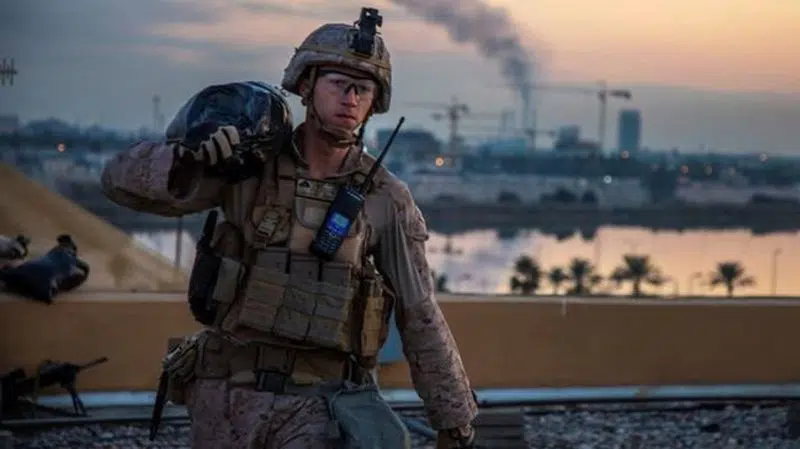
Canada watching Iraq and cannabis edibles; In The News for Jan. 6
In The News is a roundup of stories from The Canadian Press designed to kickstart your day. Here is what’s on the radar of our editors for the morning of Jan. 6.
What we are watching in Canada …
A spokesman for Defence Minister Harjit Sajjan says Canada is closely monitoring developments after Iraq’s parliament called for the expulsion of foreign troops from the country.
But Sajjan’s press secretary, Todd Lane, would not say whether contingency plans are in the works for getting Canadian military personnel out of Iraq should the situation there deteriorate further.


